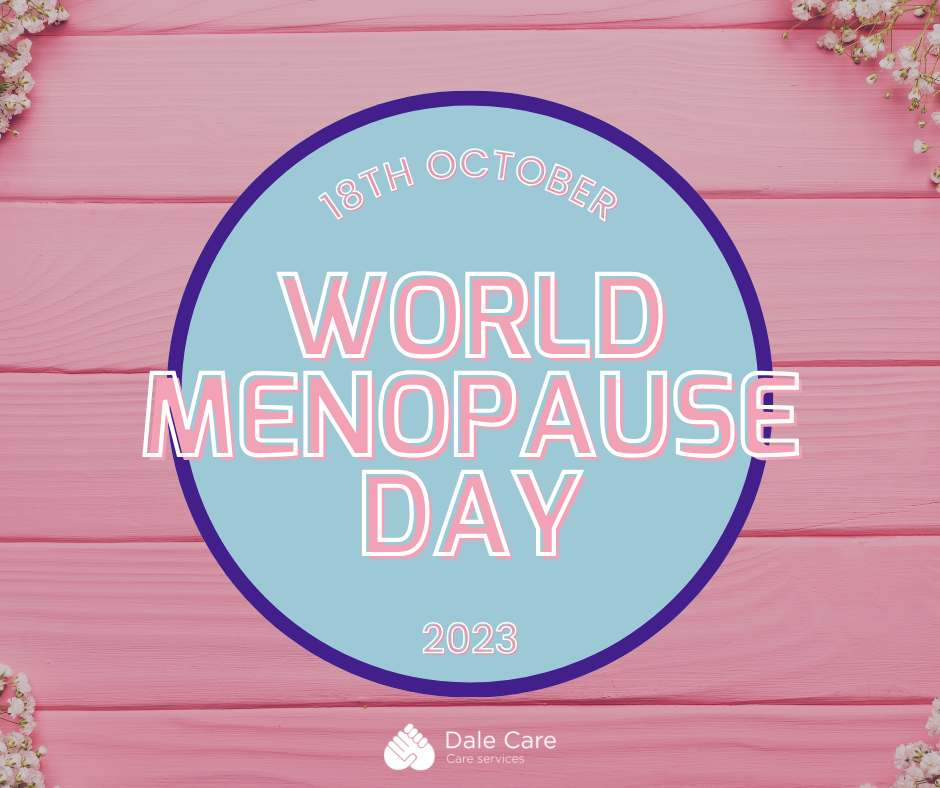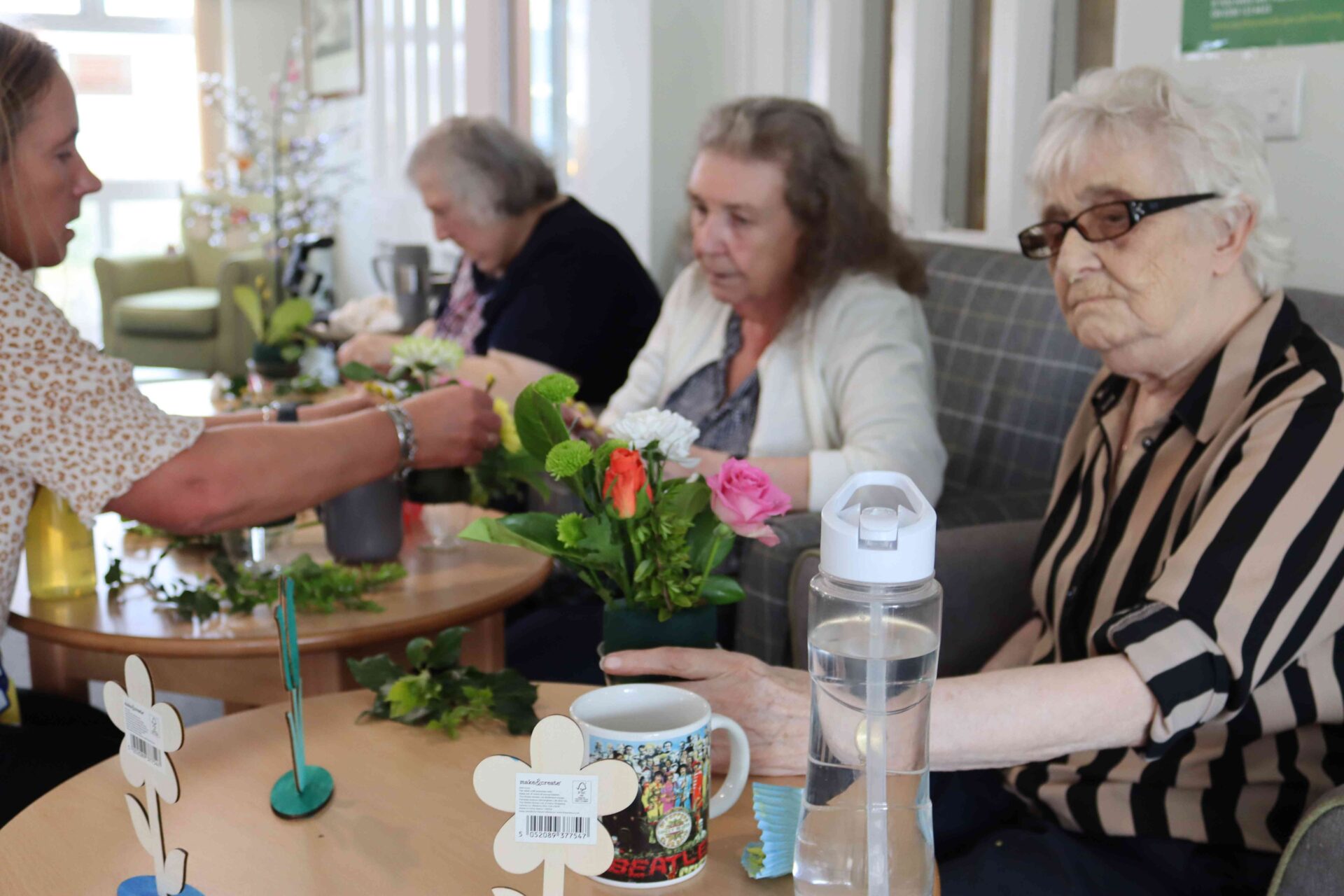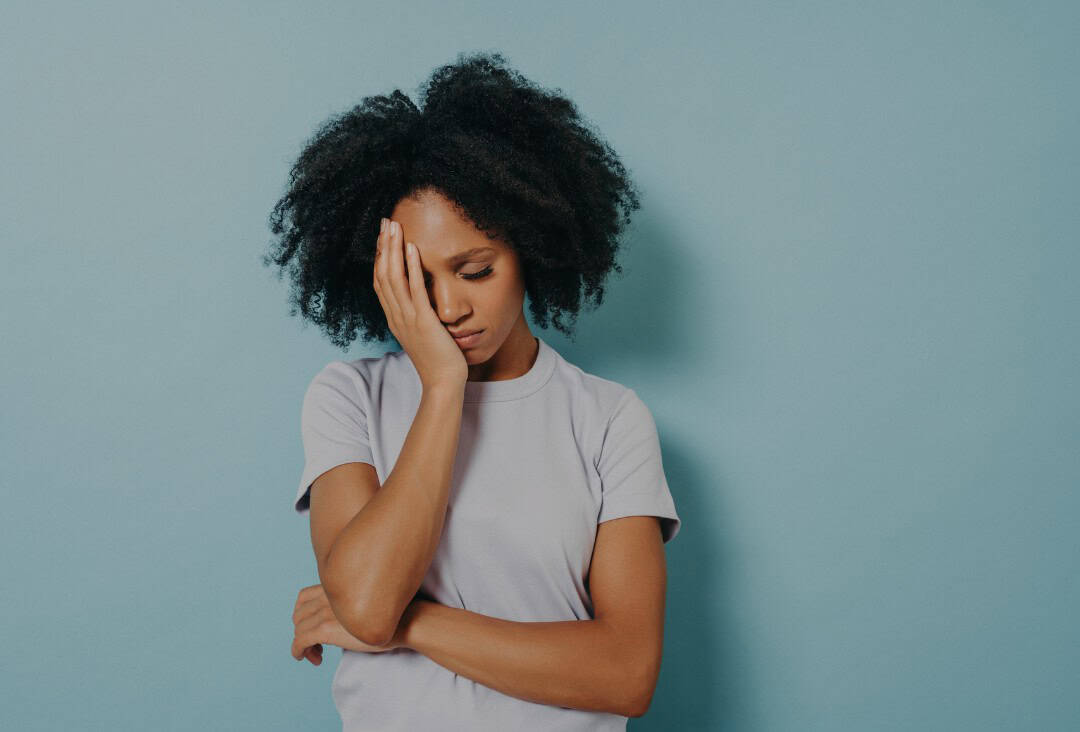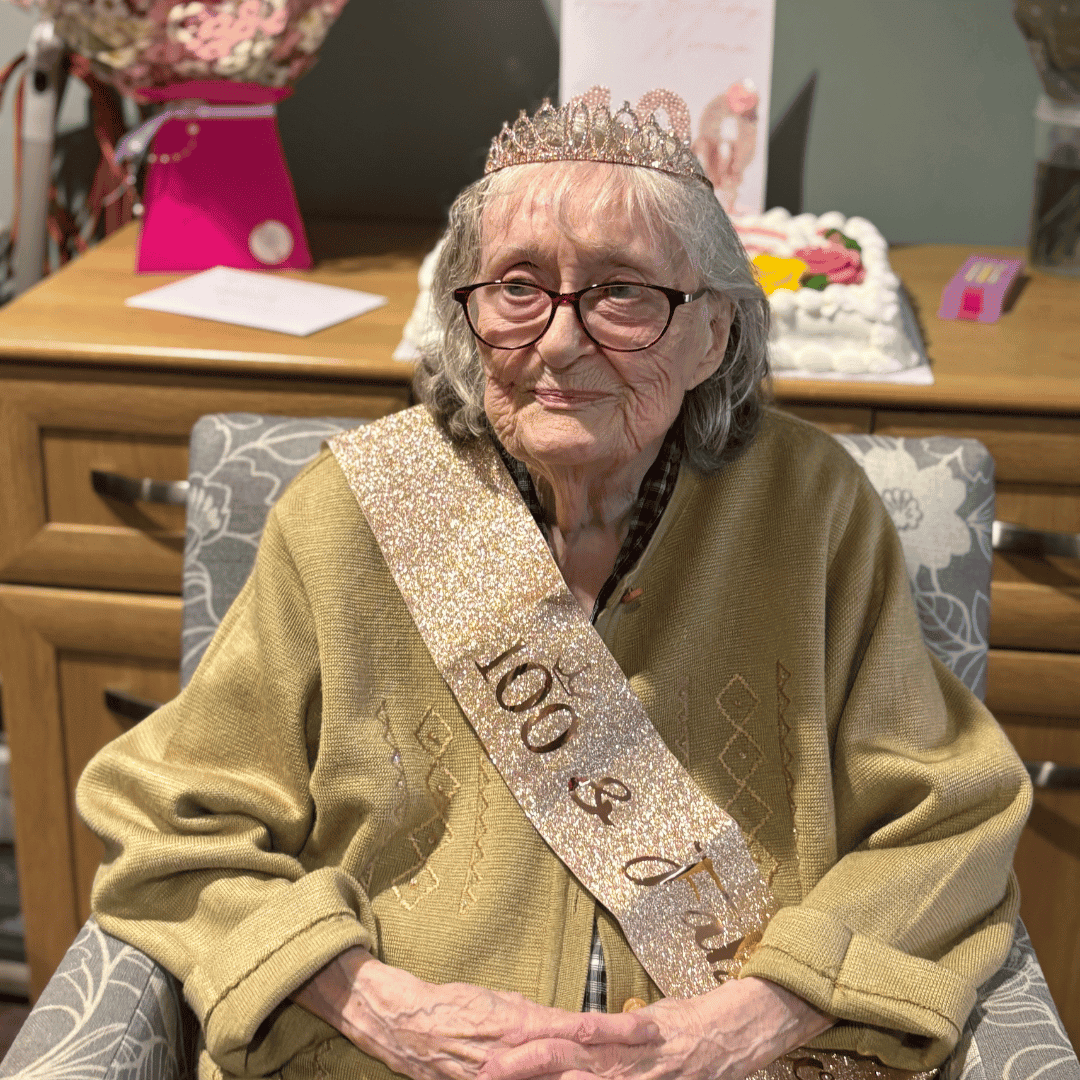World Menopause Day is held each year on 18th October to raise awareness, break the stigma and highlight the support available for improving health and well being for those experiencing menopause.
About the menopause
You’re said to have reached the menopause if you haven’t had a period for at least a year, usually between the ages of 45 and 55.
The menopause usually happens gradually. For a few years before the menopause, your periods may become irregular. This usually means they happen less often than they used to, but sometimes they happen more frequently. If you have periods occurring frequently all the time, contact your GP for advice. You may also have slightly heavier or lighter periods. This stage is called the perimenopause (or menopausal transition) and can last for about four years, sometimes longer.
You may still be able to get pregnant while going through the perimenopause, so you need to keep using contraception. Doctors usually suggest you can stop contraception at around age 55 if you haven’t had a period for a year.
Premature and early menopause
If you reach the menopause before you are 40, it’s called premature menopause. When the menopause happens between 40 and 45, it’s called an early menopause.
Causes of the menopause
The menopause is a natural part of ageing. It happens when your ovaries run out of eggs. Your ovaries also make the hormone oestrogen, so when they stop working, there’s a drop in your blood level of this hormone. This change disrupts your periods and causes the symptoms of the menopause.
Some things can cause the menopause to happen early. These include the following:
- Surgery to remove your ovaries (oophorectomy), which may be done during a hysterectomy.
- Some types of medicine, including chemotherapy.
- Radiotherapy to your pelvic area.
- Premature ovarian insufficiency – when your ovaries stop working earlier than 40 years of age. Doctors don’t know why this happens but it can run in families. And it may not always be permanent.
Signs and symptoms of the menopause
Some people find their symptoms don’t cause them much trouble. But around 1 in 4 people will have more significant problems.
The timing of menopausal signs and symptoms can vary widely. They may begin 8–10 years before your periods stop or they may start a year or more after your last period.
Menopausal symptoms may go on for seven years or more after your periods stop. But everyone is different. Up to a third of people experience long-term menopausal symptoms.
The possible signs and symptoms of the menopause include the following:
- Irregular periods. You may get your periods more often or less frequently before they stop completely. You may bleed less heavily than usual.
- Hot flushes and night sweats. During a hot flush, your head, face and neck can become very hot for several minutes. At the same time, you may have heart palpitations and feel anxious.
- Joint and muscle pain or stiffness.
- Difficulty sleeping (insomnia). You may find it hard to sleep because of the night sweats.
- Vaginal symptoms (for example, dryness and pain during sex). These symptoms are due to your vagina becoming fragile and thinner. You may also have some itching and irritation.
- Loss of interest in sex (reduced libido). The hormonal changes of the menopause can affect your sex drive. You may also have less interest in sex if you have vaginal symptoms that make you uncomfortable.
- Urinary problems. These symptoms include repeated urinary tract infections, leaking urine and needing to go to the toilet more often.
When to seek help for the menopause
If you can manage your symptoms yourself, you may not need to see a doctor. But you may wish to see one if you’re finding your symptoms hard to deal with or if you get symptoms before you are 40. You might find it difficult to talk about some of the symptoms you’re having. But remember, your GP is there to help and will have helped many others in your situation before. Your GP can support you with lifestyle modifications and medicines if need be to help your symptoms.
If you’re under 45 and have symptoms of the menopause, your GP may suggest that you have blood tests to see if there are any other reasons for your symptoms.
Self-help for symptoms of the menopause
Many people cope with their symptoms without having any specific medical treatment. There’s a lot you can do to help yourself.
- Take practical steps to deal with hot flushes. Keep cool, use a fan and avoid possible triggers, such as spicy foods, caffeine, alcohol, smoking or stress. Dress in layers, so you can take off some of your clothes when you feel too warm.
- Regular exercise may help you to reduce hot flushes, sleep better and lift your mood.
- Lifestyle changes
Staying healthy during and after the menopause
The drop in oestrogen that happens during and after the menopause can increase your risk of getting certain diseases. These include osteoporosis (thinning of the bones) and heart and circulation problems. So, it’s more important than ever to try to stay healthy during and after the menopause.
Keep active
Exercise that puts some pressure on your bones, such as running and walking, can help strengthen them and reduce your risk of osteoporosis. Being physically active can also help to protect against heart disease and stroke. Although there’s no proof exercise can reduce hot flushes, it will probably improve your feeling of wellbeing and your mood.
Eat well
Aim to eat a healthy diet. If you have hot flushes, you may want to avoid foods that trigger them, such as spicy foods and caffeinated drinks.
The menopause causes you to lose calcium from your bones. So it’s important to include two or three portions of calcium-rich foods in your daily diet. It’s also important to get enough vitamin D because it’s vital for bone health.
Lose excess weight
Some people put on weight while going through the menopause, especially around the tummy (abdomen). This may be linked to lowered oestrogen levels but also to general ageing and lifestyle changes. If you’re getting hot flushes and night sweats, it may help to lose any excess weight you have. This will also help reduce your risk of getting heart disease.
Stop smoking
Smoking can lead to an earlier menopause, and may trigger hot flushes. Ask your GP or practice nurse for advice and support to quit. You can also get information online from the NHS about stopping smoking.
Limit alcohol
Alcohol may trigger hot flushes, and affect sleep quality and mood so it may help to limit how much you drink.
This information was taken from: https://www.bupa.co.uk/health-information/womens-health/menopause
More information can also be found at: https://www.nhs.uk/conditions/menopause/








